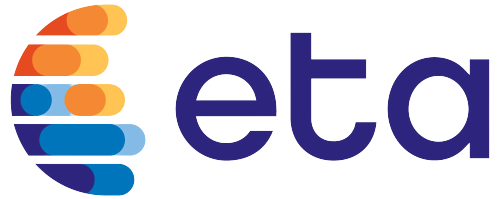Dispensary credit card processing gives hemp-related businesses the ability to accept payments in their retail and online stores. If you operate a business that sells items associated with cannabis, then this is the custom account you’ve been looking for.
Dispensary High Risk Merchant Account
A dispensary requires a high risk merchant account because of the changing legal landscape associated with their product line. Moreover, state regulations and federal laws often have conflicting information which makes certain banks reluctant to board businesses in this burgeoning vertical.
Nonetheless, Zen Payments can help you find a way to accept payments for your cannabis business . There are many different ways to go about accepting payments, and they depend on a number of factors.
Dispensaries can have many meanings. Originally, dispensaries were a location that gave out medicines, elixirs, and tinctures, synonymous with an apothecary. Similarly, modern dispensaries sell alternative medicine and have different ways of distributing products. For the most part, a dispensary sells cannabis products usually to individuals with medical marijuana cards . Alternatively, in states where recreational marijuana is legalized, they sell to customers that meet the age requirement.
Cannabis Payment Processors
Cannabis payment processors help businesses accept credit cards in the marijuana industry . Many standard banks and legacy payment processors don’t want to take on the risk associated with a changing market, but others see the benefit of expanding toward growing demand.
Along with your ability to process payments, you’ll need a gateway and a terminal if you have a storefront. These are the actual mechanisms that share card data with your bank. A gateway is usually online and built into your website. It secured information at checkout. While terminals are like a modern cash register where customers can slide, tap, or swipe their card.
THC Merchant Account
THC merchants accounts are perfect for products that have more than 0.3% THC. Anything under this amount would be categorized differently according to the Agriculture Improvement Act of 2018 , also known as the Farm Bill. This regulation gave a specific quantitative value for the amount of THC that’s legally allowed in non-THC products.
Delta-8 and Delta-9 are different chemical compounds that have similar effects to THC and have different legal allowances. CBD on the other hand is a separate substance derived from the hemp plant which purports more calming effects. To sell this it needs to have trace elements of THC under the allotted amount of 0.3%, that’s of course if THC and marijuana aren’t already allowed where it’s being sold.





